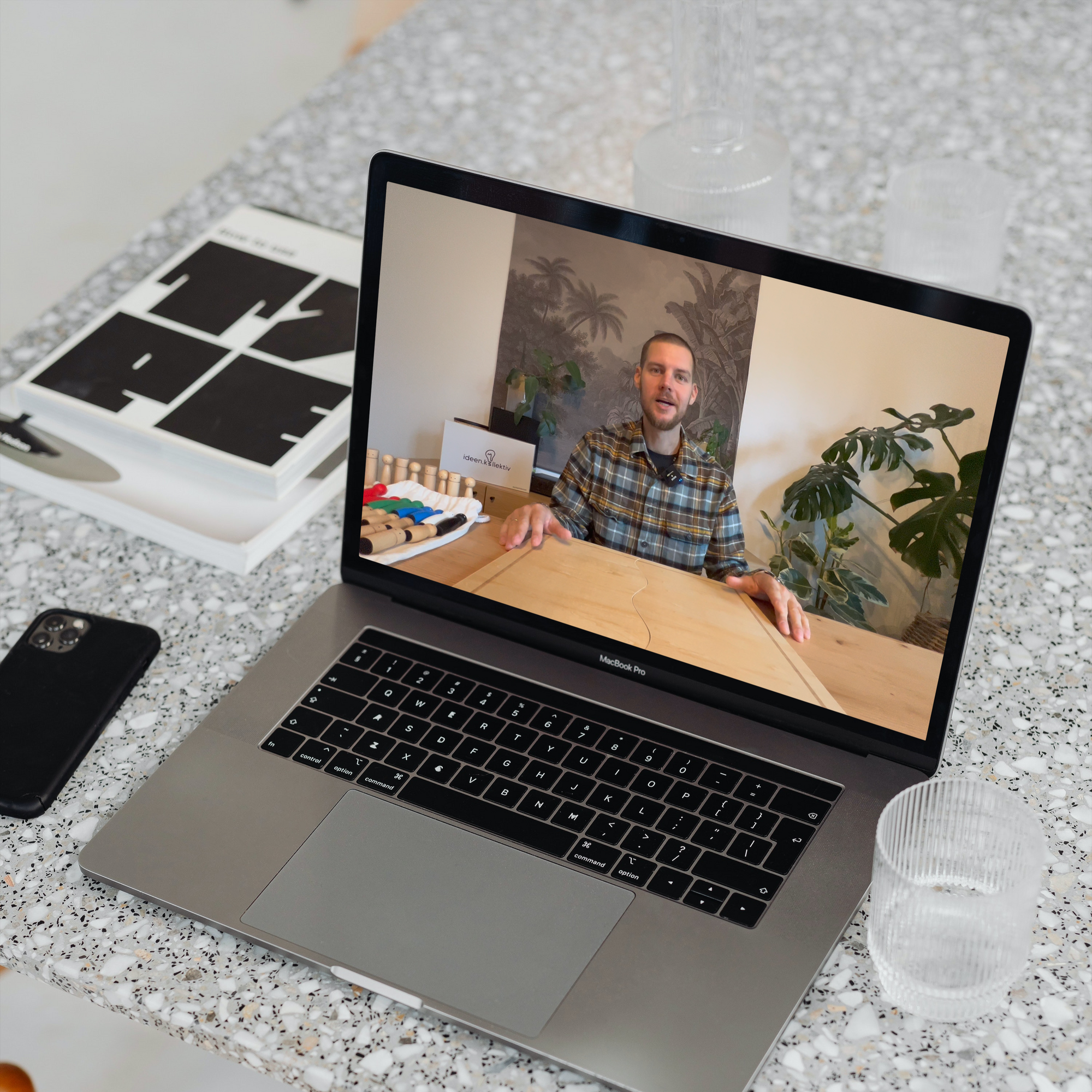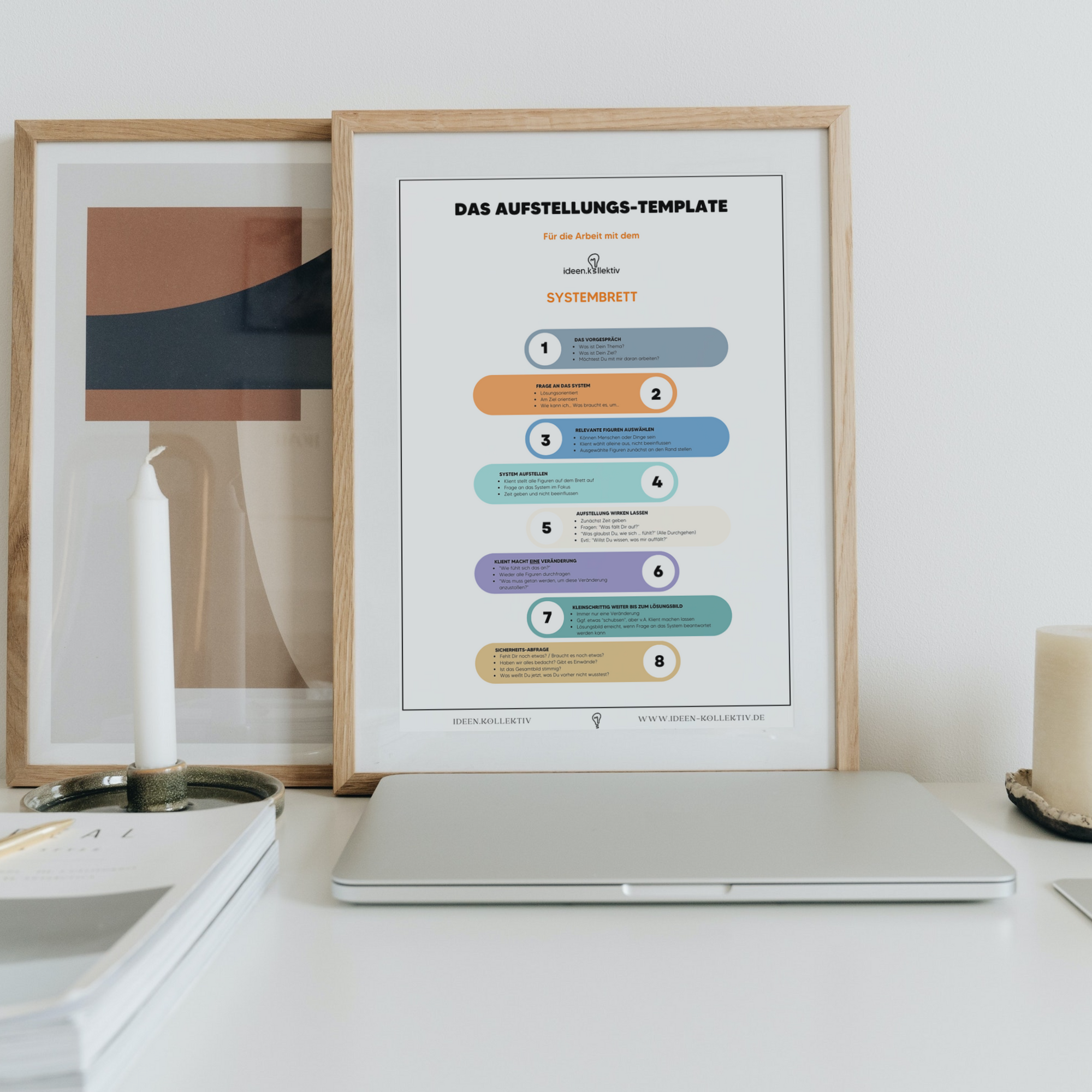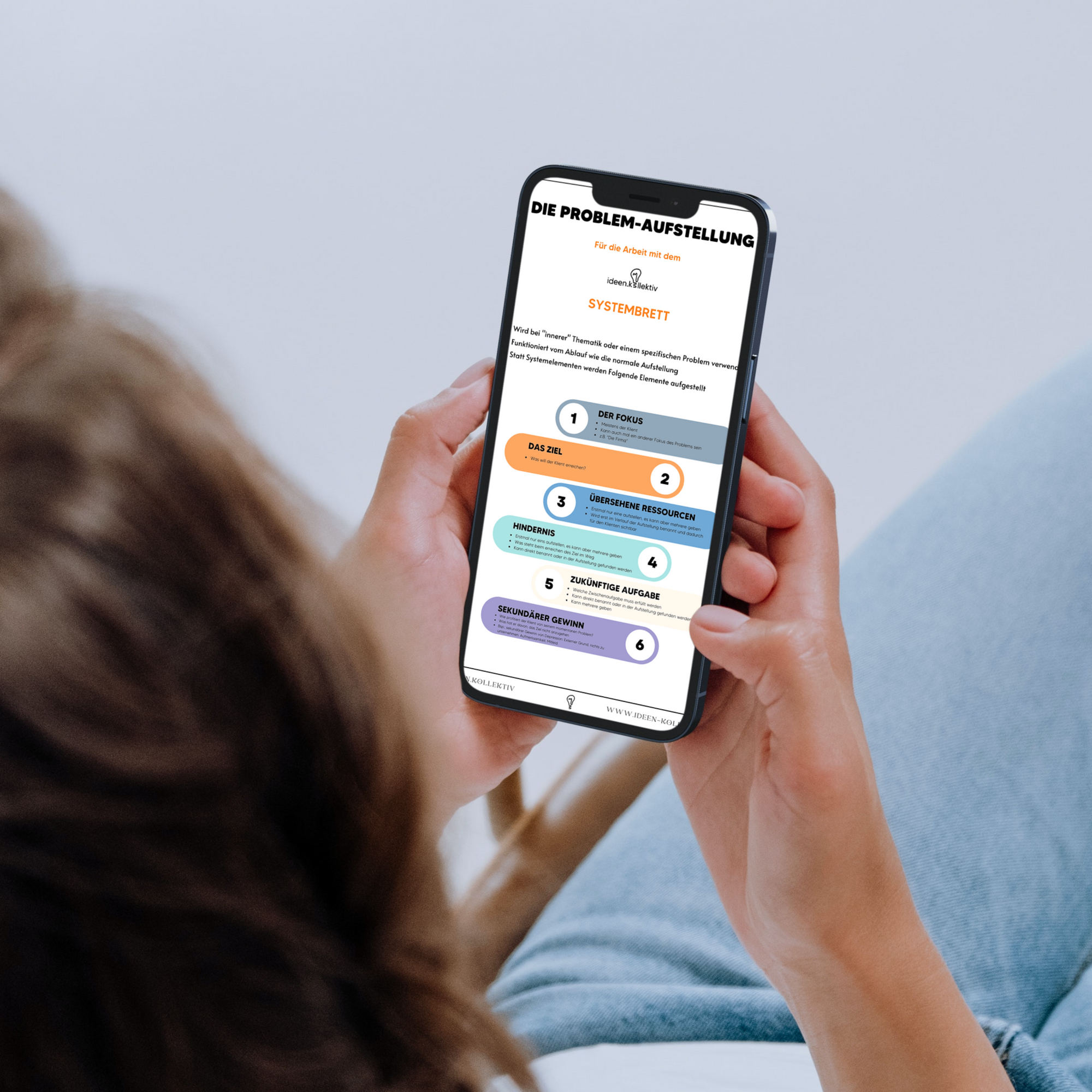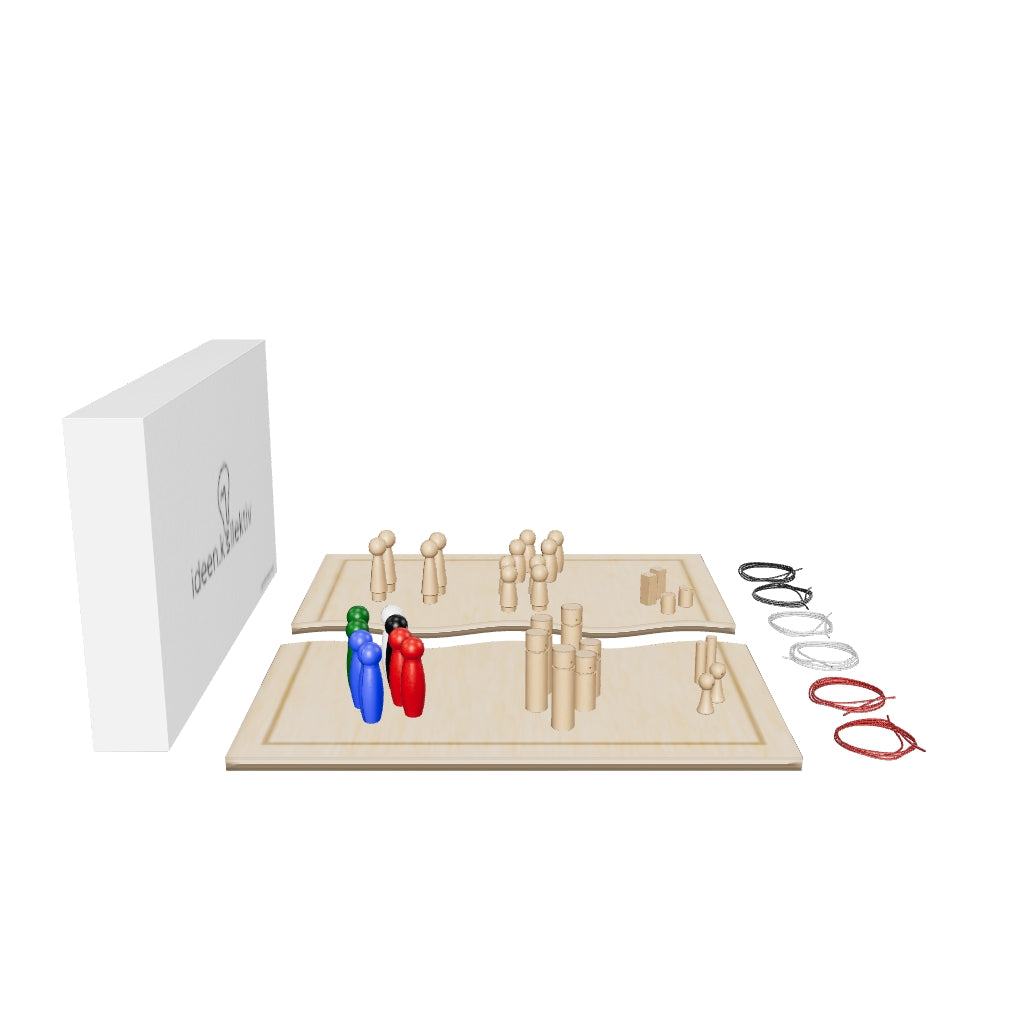The path to self-employment as a coach – meaningful, fulfilling, but not always easy
Many people at some point feel the desire to pursue something more meaningful in their careers. Accompanying others on their journey, revealing potential, or leading groups through difficult processes – this is not only fulfilling but also socially valuable.
Especially in times when organizations, schools, and teams are seeking guidance and connection, coaches, trainers, and process facilitators are in greater demand than ever. People with a systemic background or a focus on communication and team development, in particular, bring skills that are needed today.
Nevertheless, one major hurdle often remains: the leap into self-employment. How does that even work? What do you really need – and what don't you need?
What you really need to start as a coach (spoiler: less than you think)
Of course, a solid coaching education is important – it provides security, reflection, and methodical tools. But a certificate is no substitute for a strong attitude. Anyone who truly wants to make a difference needs, above all, clarity about their own role, empathy, and a genuine interest in other people's world.
Coaches who work systemically, in particular, bring a lot to the table: They think in context, listen between the lines, ask intelligent questions, and help with perspective shifts. Communication coaches and team-building experts complement this with tools that have an immediate impact in groups.
So you don't need much—but you do need substance. What sets you apart isn't your training alone, but your ability to resonate. People sense whether you're truly listening to them. Whether you're giving them space to develop. And that's precisely the foundation of any good collaboration.
Part-time, full-time, or just a side job? Your individual starting path
Many start small businesses, alongside a part-time job or while on parental leave. This has advantages: low risk, tax relief, and no high fixed costs.
A side hustle allows you to experiment in peace. You can gain experience, hone your portfolio, get to know your target audience—all while maintaining the support of a steady income. Only when you feel that your offerings are in demand and you feel comfortable with them can you gradually scale up.
An additional advantage of this path: You can even discover new target groups through your parallel professional activity – such as colleagues, teams in your industry, or contacts from your previous work.
Lean Coaching: Getting started with few resources
Many people believe it takes a lot to appear professional: a coaching room, a corporate design, advertisements. The truth is: you need confidence – and experience.
Free introductory sessions, trial coaching sessions, or workshops with friends, colleagues, or social institutions will help you develop routines, get feedback, and refine your style.
The "Lean Startup" principle translates well to coaching: Start with what you have and develop what you need along the way. You don't have to sell products, fake processes, or promise solutions—at least not at the beginning.
As your knowledge of your target group grows, it becomes more sensible to develop your own processes, create models, and offer solutions. Coaching remains individualized—but a clear framework can build trust.
Positioning & Specialization: The Invisible Superpower
A clear positioning doesn't diminish you—it makes you more visible. You should know who you want to be there for—and what your purpose is.
Talk to your target audience. Engage in Facebook groups or forums, listen, and ask questions. This way, you'll learn their language and develop a deep understanding of their world. Knowing your target audience not only allows you to offer better services, but also help them more effectively.
Marketing that doesn’t look like marketing – but still works
Marketing starts with your attitude. If you can honestly say what you're good at and how you help, you're already in the middle of it.
Whether it's a blog article, a LinkedIn post, a presentation at a community college, or a post-seminar conversation, visibility arises wherever real interactions take place. Today, new platforms are emerging: TikTok, Instagram Reels, and YouTube Shorts.
A practical example: Philip Bandholtz
Philip Bandholtz is now Germany's best-known father coach ( he even created a free video course on working with the system board ). He has completed several coaching training courses and gained his own experiences—a divorce, three children, and a happy new marriage. Originally, he wanted to work with students and coached them. Today, he accompanies fathers on their path to greater presence and clarity.
How? Through TikTok, YouTube, lectures, and authentic content. But not from the beginning. Philipp continued to work regularly during the initial phase. Only when demand and focus became clear did he dare to take the next step.
He shared his knowledge for free. And some people wanted more—became paying clients.
The best time is rarely later
Self-employment doesn't begin with a grand launch. It begins with a genuine encounter. You don't need perfect conditions. You do need clarity, curiosity—and a bit of courage.
Maybe now is the right moment. Not for everything. But for the first step.








